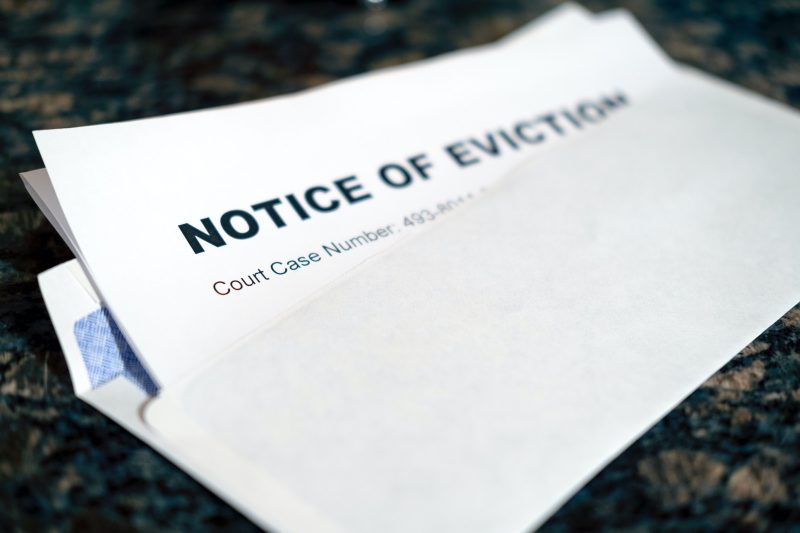When faced with the possibility of evicting a tenant, it is important for landlords to approach the situation with a level of professionalism and organization. Having all relevant documents and communication records on hand can help ensure that the eviction process is carried out correctly and legally.
One key aspect of successful eviction proceedings is understanding local laws and regulations. Landlords must be aware of the type of notice required before taking legal action, as well as deadlines for filing paperwork or appearing in court if necessary. Staying informed about these details can help ensure that the eviction process is carried out smoothly and successfully.
In addition to legal considerations, it is also important for landlords to be aware of the local rental market. Knowing the current rates for similar properties in the area can help landlords make informed decisions about future listings after an eviction. This knowledge can provide landlords with options for resolving eviction situations without going down the legal route. By being well-informed and organized, landlords can handle tenant evictions in a professional and effective manner.
Maintaining Professionalism during Eviction Proceedings
When faced with the possibility of evicting a tenant, it’s crucial to maintain a level of professionalism and objectivity. Keeping emotions in check and approaching the situation objectively can help ensure that the process is carried out smoothly and effectively. Communication is also key during this time, and landlords should aim to communicate clearly and respectfully with their tenants throughout the proceedings. Additionally, if necessary, seeking the advice of a legal professional can provide landlords with the guidance they need to ensure that the eviction process is carried out legally and correctly.
Gathering Relevant Documents and Records
Having all relevant documents and communication records on hand is a crucial aspect of successful eviction proceedings. Landlords should keep detailed records of rent payments, communication with the tenant, and any relevant legal documents to ensure that they are well-prepared if an eviction becomes necessary. It’s also important to make sure that all records are up-to-date and easily accessible, and using a property management software can be a great way to keep track of important information.
Understanding Local Laws and Regulations
In order to carry out a successful eviction, it’s essential for landlords to understand local laws and regulations surrounding tenant evictions. This includes being aware of the type of notice required before taking legal action, as well as deadlines for filing paperwork or appearing in court if necessary. Seeking the advice of a legal professional can provide landlords with a deeper understanding of the local laws and regulations, and ensure that the eviction process is carried out correctly and legally.
Staying Informed about Local Market Trends
Staying informed about the rental market in your area can be beneficial for landlords during eviction proceedings. Keeping up-to-date on local market trends can help landlords make informed decisions about future listings after an eviction. This knowledge can also help landlords remain competitive by adjusting rental rates based on market trends, and staying informed about current design trends can make their properties more desirable to potential tenants.
Alternative Resolutions to Legal Eviction
In some cases, there may be alternative options for resolving eviction situations, such as mediation or a payment plan agreement. Being open to negotiation and finding a mutually beneficial solution can help avoid the need for a legal eviction and maintain positive relationships between landlords and tenants. Seeking the advice of a property management expert can also provide landlords with valuable insights and guidance for resolving eviction situations in a professional and effective manner.









